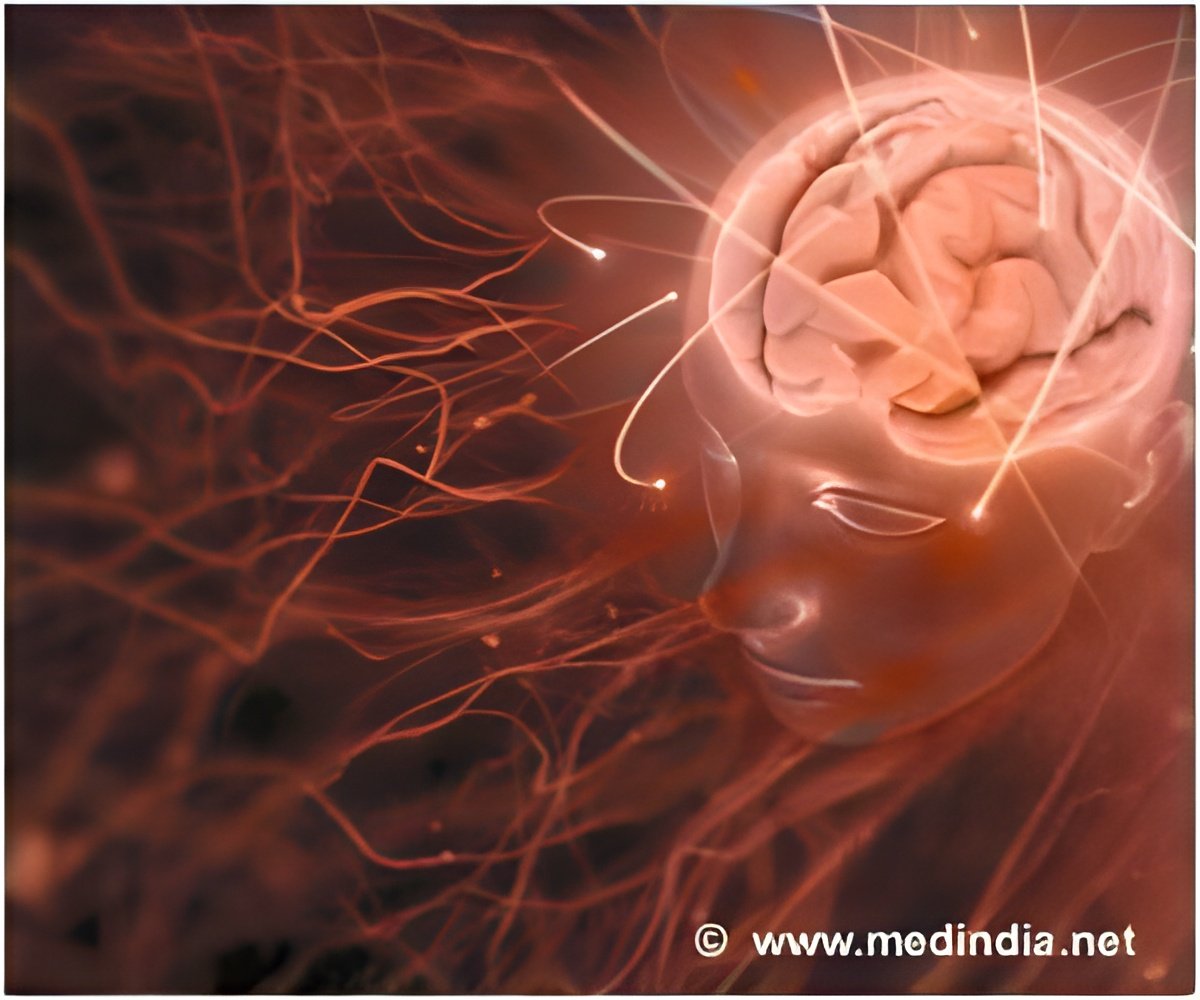
The study involved observing the cells in the brains of living, active mice over long periods of time. A combination of genetically engineered mice and advanced microscopy allowed the researchers to visualize the activity of astrocyte networks in different regions of the brain to learn how these abundant supporting cells are controlled.
The scientists monitored astrocytes in the area of the brain responsible for controlling movement and saw that the cells often increased their activity as the mice walked on treadmills — but not always, and sometimes astrocytes became active when the animals were not moving. This lack of consistency suggested to the researchers that the astrocytes were not responding to nearby neurons, as had been thought.
Similarly, astrocytes in the vision processing area of the brain did not necessarily become active when the mice were stimulated with light, but they were sometimes active, even in the dark. The team solved both mysteries when they tested the idea that the astrocytes needed a signal to "wake them up" before they could respond to nearby neurons. That is how they found that norepinephrine, the brain's broadly distributed fight-or-flight signal, primes the astrocytes in both locations to "listen in" on nearby neuronal activity.
"Astrocytes are among the most abundant cells in the brain, but we know very little about how they are controlled and how they contribute to brain function," says Dwight Bergles, Ph.D., professor of neuroscience, who led the study. "Since memory formation and other important functions of the brain require a state of attention, we're interested in learning more about how astrocytes help create that state."
Advertisement












